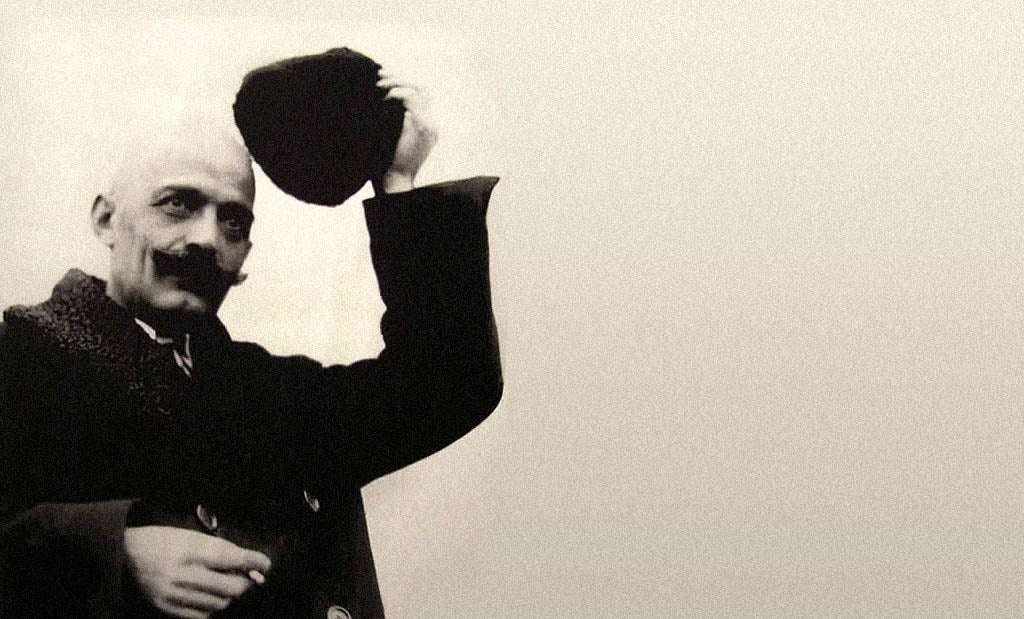
What are A, B and C influences?
Rocco FontanaAccording to my dear Master of Fourth Way Georges Ivanovich Gurdjieff, man is subjected to three types of influences which he called of type A, B or C.
I realize that it is sometimes necessary for me to restore the right place to the work I do, precisely the publisher. Sometimes it is comforting for me to fall into the assumption that my work is more important than it actually is (the ego has its impulses). I also observe a world invaded by self-styled masters and gurus, very serious and trendy.
Here is the description of the A, B and C influences of the dear George Ivanovich Gurdjieff - contained in his teaching called the Fourth Way - is more timely than ever.
In short, type A influences are the ordinary/mechanical influences to which we are continuously subjected every day, every hour, every minute. Duties, education, expectations, guilt, etc., that's what these kinds of influences are.
Type B influences are more interesting and form the core of my reflection. The B's are influences that have a subjective value on us. Originally they are conscious and objective influences, but they come to us as echoes, reverberations of what we will call C influences. They spread through art, literature, religions, allegories, fairy tales, etc. Their origin is external to the mechanical. They are the fruit of a Consciousness that wanted to pass on something. B influences are everywhere, we meet and brush against them, often without realizing it, at least until we pay attention to them.
It may help to remember my “first” influence B! I still have a very vivid memory of it in my memory: in a men's fashion and culture magazine I read (Max, about thirty years ago) a long interview with Franco Battiato. It spoke of spirituality and inner life, to me who at that time was still in my worlds full of reveries. Battiato spoke of his research and of this Armenian master, Georges Ivanovich Gurdjieff, and this impressed me a lot. After only a few days I found, in a stall of used books, a copy of "Meetings with extraordinary men", one of the books written by Gurdjieff himself. Reading that text opened up my horizons and stoked my thirst for more, forcing me to eagerly seek out all the books written by Gurdjieff or dealing with him and his teaching. Years went by and I accumulated such a number of B influences that I created a "permanent center of gravity", to quote Battiato, something that finally attracted type C influences towards me.
Type C influences, we said, are conscious and emanate directly from a Source, generally from a real Master or a real Brotherhood who teaches in direct contact with the student. For me it was what it was; the contact with the master made available to me the teaching that I had so much desired.
Returning to my activity as an esoteric editor, I am perfectly aware that the books I publish and the articles in my CCBlog serve to convey type B influences and my job is to try to spread them to as many people as possible, so that they are among them. usefulness, just like Battiato's interview was for me.
And this is also what every popularizer does, starting with my authors, those who fill theaters with their own conferences, perhaps even "pretending that...", those who offer paid seminars or courses to develop the "third eye" or "Ho'oponopono", etc.: THEY ARE ALL B INFLUENCES! Don't make the mistake of thinking you are dealing with a real Master, and therefore with C influences; those are another thing, they eventually arrive later, when you have saturated your "permanent center of gravity", and are not very accessible to most.
I would now like to shift the point of view to the most important element of the equation.
I would like to point out to you that we always forget about the "secret element" and that is that usually you are missing!
Where are you?
I receive several comments from those who follow my site and my social pages, regarding the books I publish. Usually I am asked whether with such a book it will be possible to achieve a certain result or a certain understanding. My answer is always: "Depends!".
Depends on what? It depends on you who read!
Without you, you only have a few ounces of printed paper on the table, good for lighting a fire or leveling a table. The content of a book is only potential, they are sequences of ink, of letters, of words which, however potentially precious, acquire meaning only on the basis of you reading them - and let's also bother with quantum mechanics, on the relationship between observer and observed, that fits perfectly! - The chair you occupy at a conference or the space it takes up (there are a few cubic metres) in a seminar are useless without the presence of "you".
Years ago in an informal chat, my Master, answering a question admitted that yes, a man can evolve by himself, even without the help of a School (Ok, it's much more tiring...), thus emphasizing not so much the importance of a master as much as that of the "pupil".
I now quote this Sufi story which I found, when I read it, very inspiring:
False teachers and true Disciples
"A long time ago a blond young man was in search of the True. He began to travel many roads hoping to be able to find a master who could help him in his search. He stopped along a path and saw a group of people (actually they were a group of brigands from return from the last looting) to ask for information on a teacher to whom you can entrust your growth.
As soon as he got close to the group he immediately asked the leader "Forgive me, but I'm looking for a Master to whom I can entrust my life and who can help me find the Way, do you know anyone?".
The chief brigand, who was a fox, understood that the young man could come in handy and, making a wink at his parents, said to him "I am a master! If you want to reach your goal, you will have to follow my orders for ten years, you will have to work for us, do the food, wash, make our beds and soothe our souls. When the time is up we'll talk about it again..." The chief brigand had this splendid idea... on the other hand he still remembered that his father had taught him some prayers with which he could trick the boy. He immediately agreed with joy in his heart that he had made very little effort to meet Master.
For ten years the young man worked, almost becoming a slave, but with God in his heart and mind, with the goal always alive before him. Meanwhile God graciously saw the love he manifested in all the things he did and decided that he was now ready to become a Master himself.
He sent his angel to inform him of his decision...
Just during the night, the Angel of the Lord appeared to the young man and said to him: "Get up and be happy, God has decided that you can be his representative on earth, from today you are a Master!". The young man was perplexed and replied: "Oh angel, thank you for this announcement, but I cannot become a Master at least until my earthly master has granted me freedom!".
The Angel, therefore, left the boy and left to communicate his answer. As soon as God knew he was pleased with the young man's loving fidelity, without judgment, without malice. And he replied “In the name of the deep love that is in the boy's heart I will make that thief into a Master. Indeed, he formed the faqr (discipleship attitude) of this young man better than many others could have done.” And so it happened."
In conclusion, I want to urge you to cultivate the attitude and desire to be a "pupil", I advise you to meditate a lot on this question: "What does it mean to be/become a disciple?"
Now, dear reader, I hope this modest influence of mine B will be of use to you.
Below is the opportunity to comment and express your point of view on the article, which I warmly invite you to do.

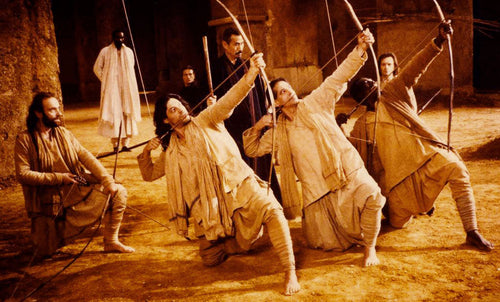
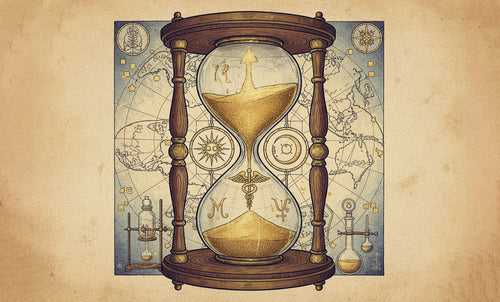
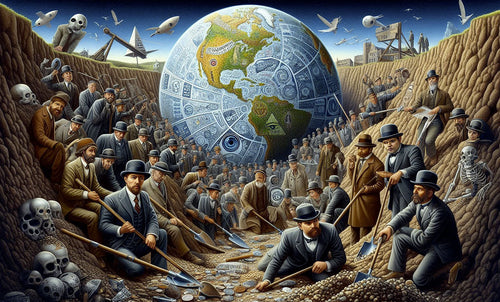




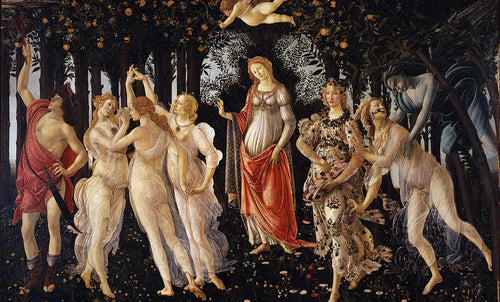
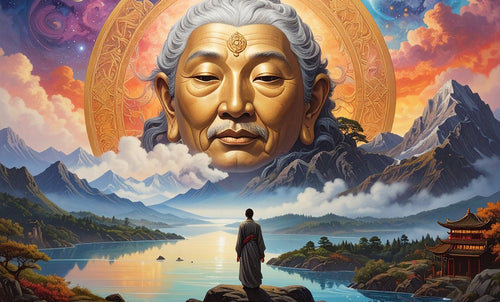







































5 comments
Articolo bello, umano e commovente. Troppe volte nella vita si ha fretta di smettere gli abiti di allievo per voler diventare “maestro”, di tutto, con arroganza. Invece dobbiamo coltivare la bellezza di essere allievi, sempre…
“Io sono il Maestro di me stesso”
Parto da questa frase che troppo spesso viene usata per giustificare la propria scarsa disponibilità a mettersi al servizio, ad essere discepoli, a imparare con umiltà lavorando su di sé.
Il Maestro interiore ci guida e ci conduce sempre verso la nostra meta e ci mette sulla strada per persone giuste al momento giusto. Il lavoro su di sé è per me l’unico lavoro che ha un senso e che ripaga, prima o poi, tutti gli sforzi fatti ma è pur vero che è proprio nella vita di ogni giorno, sotto le influenze A, che ci si forma e ci si tempra per le altre influenze superiori. Grazie per lo spunto di riflessione.
Interessante come abbia trovato, dopo pochi giorni dalla conoscenza di Gurdjeff, in questo tuo blog, la spiegazionedi questo tema. Anni ed anni fa, comprai, attirata dal titolo , un libro , “Se incontri il Buddha per strada, uccidilo”, mi è sempre rimasto impressa la dicitura del titolo stesso. Si è discepoli di se stessi, attraversando con la propria anima l’insegnamento di un maestro che “riconosci” attraverso il tuo specchio interiore.
Roberto, in prima istanza si. E’ chiaro che tra il dire e il Fare c’è di mezzo il “Mare” _
Quindi oltre la “predisposizione” dell’influenza B, diventa indispensabile la “presenza”. Si dice che possa bastare solo quest’ultima, tutto il resto è grasso che cola…..